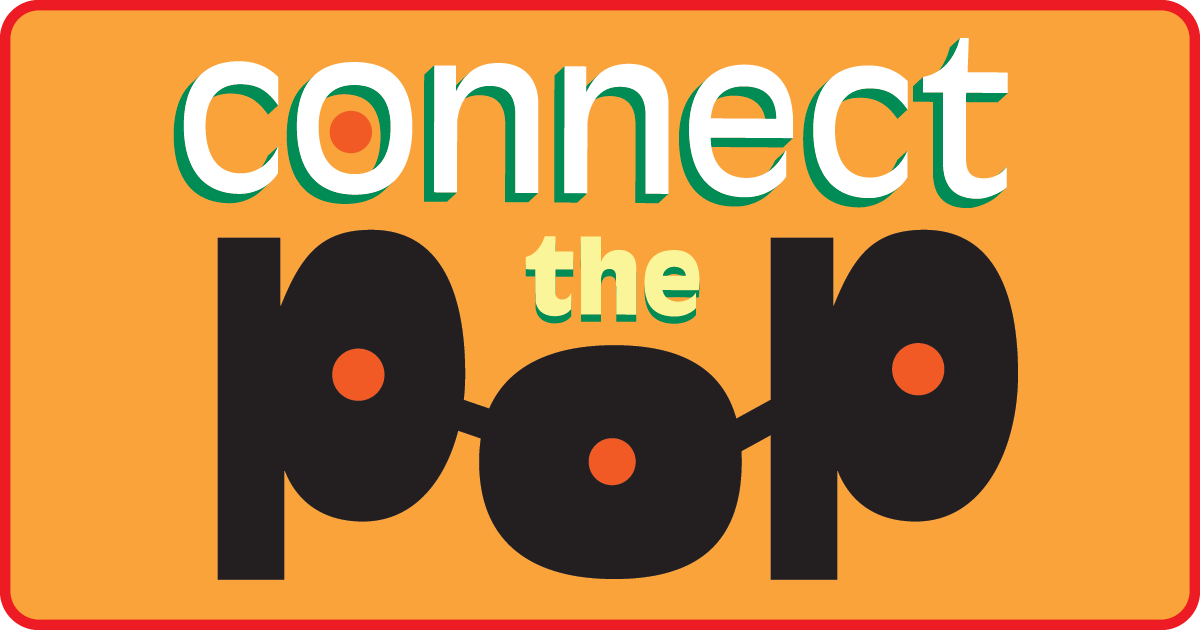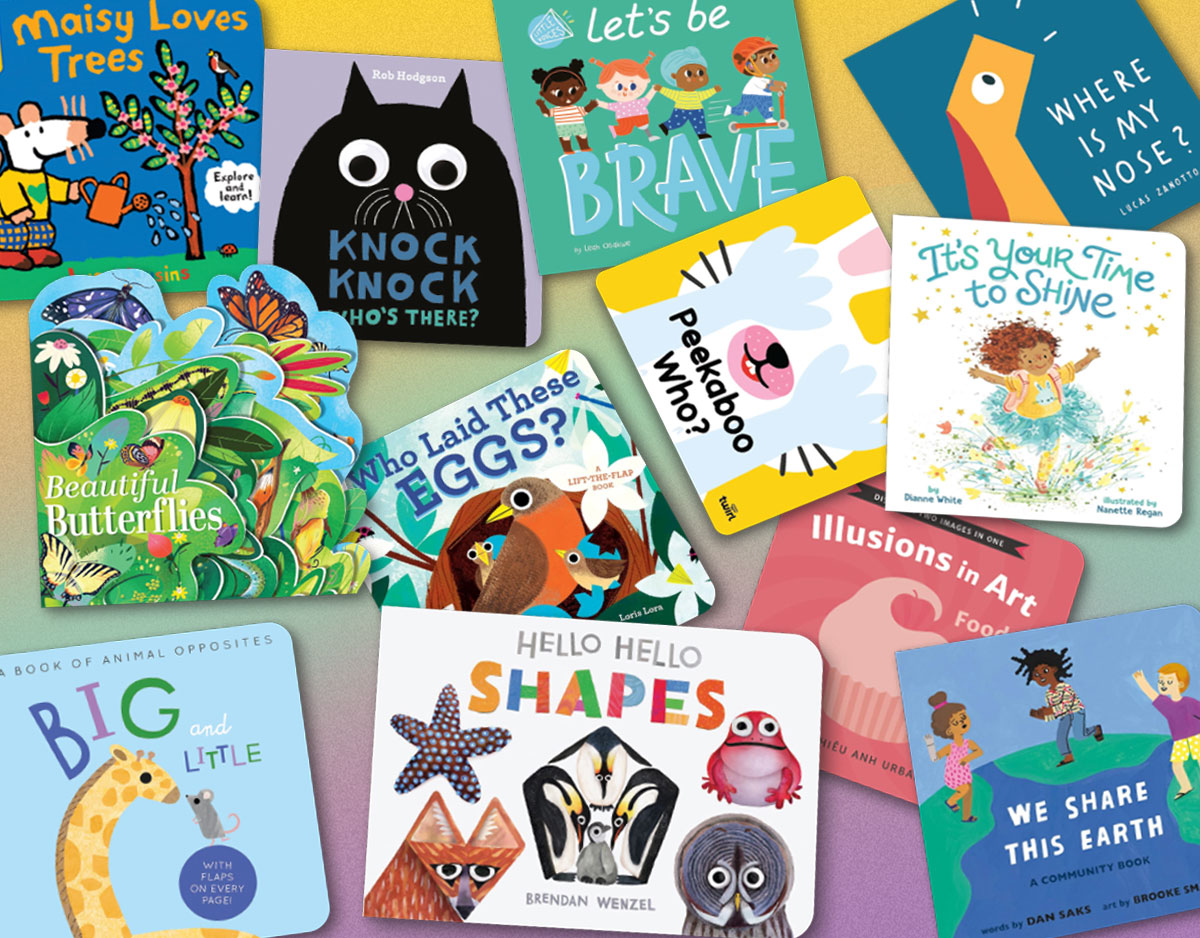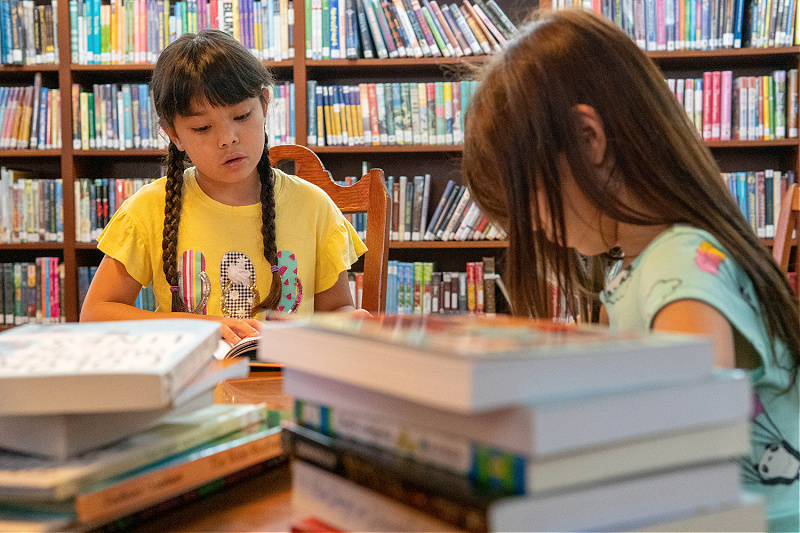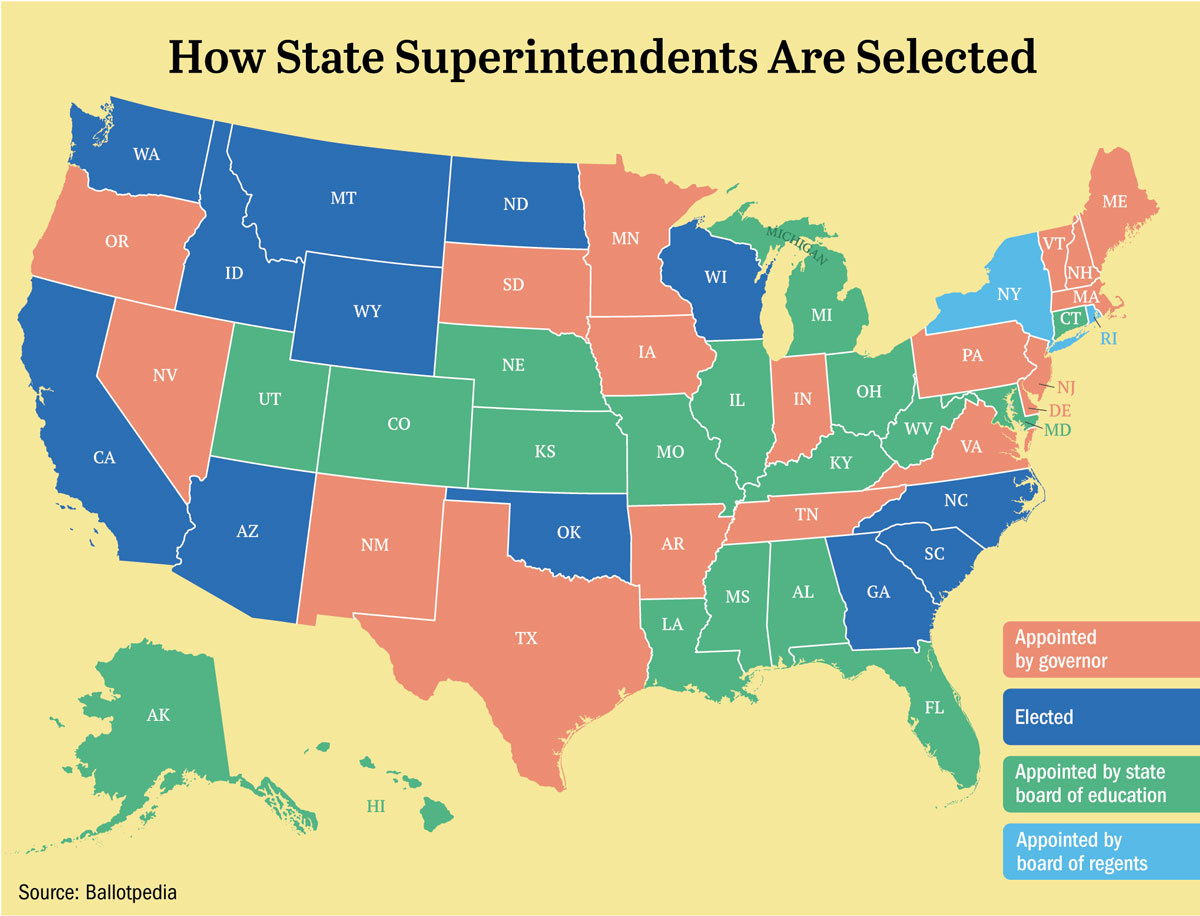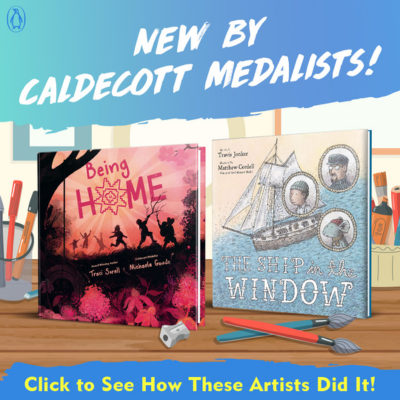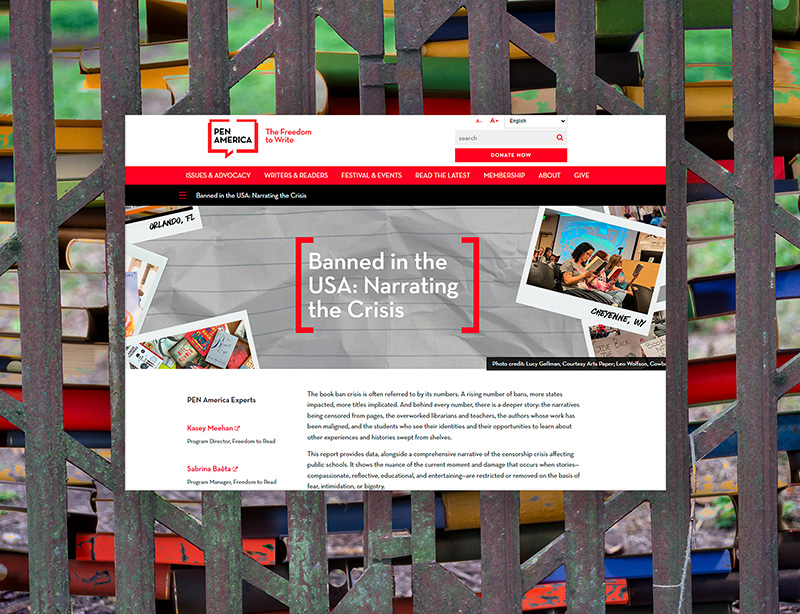SCROLL DOWN TO READ THE POST
50 Years of ‘To Kill a Mockingbird’ on Film: A Chat with Documentarian Mary Murphy
Exactly fifty years ago today the film adaptation of To Kill a Mockingbird opened in Los Angeles. Thus began one of those rare occasions in which a film acquired the same classic status as its source novel… and in which fans of either readily acknowledged their love of the other. With this in mind, I thought it might be good idea to check in with Mary Murphy, who wrote and directed Hey, Boo: Harper Lee and To Kill a Mockingbird. If you’re unfamiliar with this documentary, which should be equally fascinating to long-time admirers of Harper Lee and students reading her for the first time, I suggest you correct that immediately. (For more information on the special 45-minute classroom edition of the doc, plus a school and libraries order form, just visit the filmmaker’s website.) Oh, and if that weren’t enough, Ms. Murphy is also the author of Scout, Atticus, and Boo: A Celebration of Fifty Years of To Kill a Mockingbird.
***
I know Hey, Boo has screened twice at the NCTE* annual convention, so what’s been the reaction of educators to it? And in general, what teaching strategies or classroom uses for the film have impressed you?
ADVERTISEMENT
ADVERTISEMENT
 Teachers and librarians are the most appreciative and enthusiastic audiences for Hey, Boo. No one knows more about why To Kill a Mockingbird is still such a powerful read 50 years later. The response and embrace from them has been overwhelming. I am impressed with the way English and American History teachers are using my documentary to explore To Kill a Mockingbird’s impact on the civil rights movement. The novel was set in the Depression and that is often discussed in the classroom but the climate and context in which it was published is something I explore at length in the documentary. The publication of To Kill a Mockingbird in July of 1960 predates many of the biggest explosions in the civil rights movement, and many say it gave vital fuel to the movement.
Teachers and librarians are the most appreciative and enthusiastic audiences for Hey, Boo. No one knows more about why To Kill a Mockingbird is still such a powerful read 50 years later. The response and embrace from them has been overwhelming. I am impressed with the way English and American History teachers are using my documentary to explore To Kill a Mockingbird’s impact on the civil rights movement. The novel was set in the Depression and that is often discussed in the classroom but the climate and context in which it was published is something I explore at length in the documentary. The publication of To Kill a Mockingbird in July of 1960 predates many of the biggest explosions in the civil rights movement, and many say it gave vital fuel to the movement.
The amount of research reflected in the film is impressive. What would you say to librarians or tech teachers in terms of students producing their own videos or podcasts about a favorite author or title? Any tips for budding documentarians or those helping them?
Be persistent; follow up on all leads and clues. That’s how I found the last interview Harper Lee ever gave. It was on reel to reel tapes in a California basement. It took me a year. It also is how I was granted rare lengthy interviews with Harper Lee’s sister and best friend.
One of the really striking sections in Hey, Boo occurs when the students are reflecting on To Kill a Mockingbird, but what’s really neat is how that contrasts with all the famous authors who cite it as an inspiration. Or was that really meant as a “contrast” — did you intend a deeper message in that the engaged young readers of today are the artists of tomorrow?
 I feel there’s a direct line between readers of all stripes — young and old, Pulitzer Prize-winners and middle school students — because they all have a such a strong response to the novel. Community happens around To Kill a Mockingbird: people come together over it. It also is about the transforming power of reading. For all this talk of Facebook and Twitter I like to point out that the readers of To Kill a Mockingbird make up one of the greatest social networks of all time.
I feel there’s a direct line between readers of all stripes — young and old, Pulitzer Prize-winners and middle school students — because they all have a such a strong response to the novel. Community happens around To Kill a Mockingbird: people come together over it. It also is about the transforming power of reading. For all this talk of Facebook and Twitter I like to point out that the readers of To Kill a Mockingbird make up one of the greatest social networks of all time.
In your film Lee cites the absence of “theater, dance, and motion pictures” in the South where she grew up, and how that strengthened oral storytelling. At another point she stresses the importance of imagination in childhood. Is there an implication for today’s culture — does the availability of so much ready-made entertainment have a negative impact on kids? Or does access to media and texts have the opposite effect and inspire young creators?
ADVERTISEMENT
ADVERTISEMENT
Like lots of things, I think there are positives and negatives. I see kids mindlessly at their video games but I also know a twelve-year-old girl who knows a lot about dolphins from surfing the web and a twelve-year- old boy who has quite a lot to say and makes a couple of short films a week. They’re pretty interesting.
Our chat is partly prompted by the 50th anniversary of the film. Yet because of its stature and the fact that it came out so soon after the novel is there the danger of the two being too closely associated? That is, is it possible for us not to picture Gregory Peck when we think of Atticus Finch and generally separate the movie’s imagery and characterizations from the book’s?
Yes! I believe that happens all the time. In my book, Scout, Atticus & Boo: Fifty Years of To Kill a Mockingbird, Oprah Winfrey talks at length about how she cannot think about Scout without picturing Mary Badham, the actress who played Scout in the film. Winfrey goes on to describe sitting next to Gregory Peck at a Hollywood dinner party and ONLY thinking of Atticus so much so that the first thing she said to him was, “How’s Scout?” I must also say that as much as I love the movie, I love the novel most. Scout’s salty nature and her hilarity is largely absent from the film and I miss it.
*National Council of Teachers of English
###
 In addition to her work on Harper Lee, Mary Murphy has produced the PBS program Cry for Help, which deals with mental illness in adolescents. Media educators might also be interested in learning of her role as producer on Digital Days, which is narrated by Tom Brokaw and examines the impact of the Internet on the newspaper industry. For more information on her projects, please visit www.marymurphy.net.
In addition to her work on Harper Lee, Mary Murphy has produced the PBS program Cry for Help, which deals with mental illness in adolescents. Media educators might also be interested in learning of her role as producer on Digital Days, which is narrated by Tom Brokaw and examines the impact of the Internet on the newspaper industry. For more information on her projects, please visit www.marymurphy.net.
Filed under: English, Media Literacy, Movies, Transliteracy
About Peter Gutierrez
A former middle school teacher, Peter Gutierrez has spent the past 20 years developing curriculum as well as working in, and writing about, various branches of pop culture. You can sample way too many of his thoughts about media and media literacy via Twitter: @Peter_Gutierrez
ADVERTISEMENT
SLJ Blog Network
2024 Books from Coretta Scott King Winners
Monster Befrienders and a Slew of Horror/Comedy: It’s a Blood City Rollers Q&A with V.P. Anderson & Tatiana Hill
Family Style: Memories of an American from Vietnam | Review
From Page to Planet: Inspiring Young Environmental Champions Through Fiction, a guest post by Dana Klisanin
The Classroom Bookshelf is Moving
ADVERTISEMENT
ADVERTISEMENT

